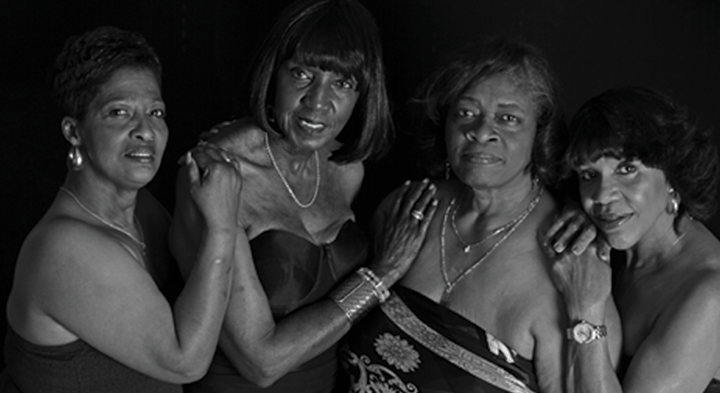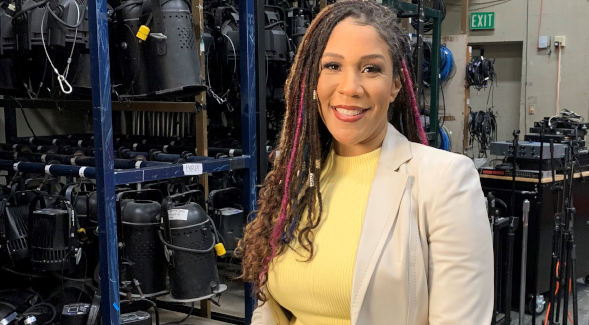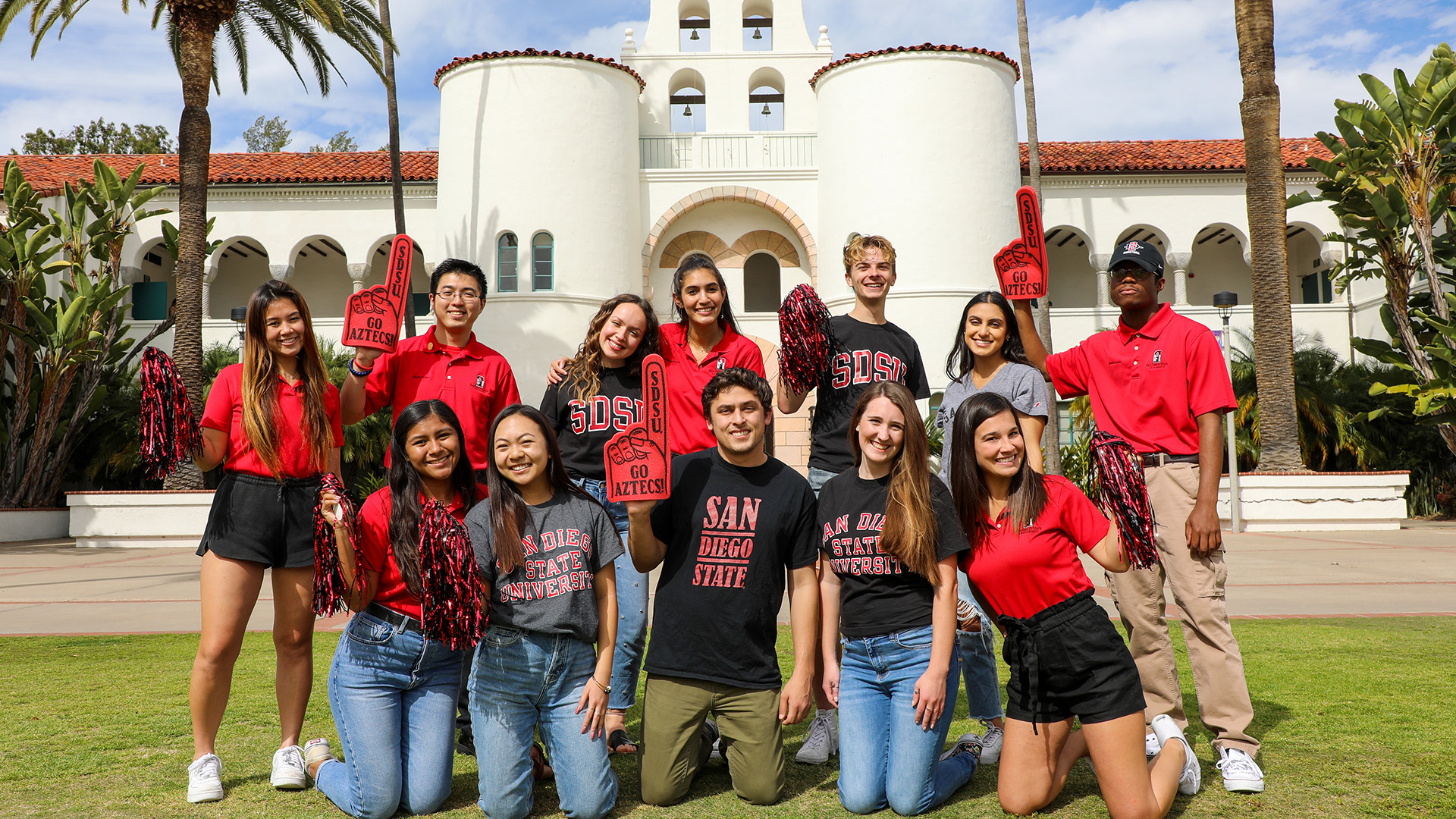A Q&A with researcher Megan Ebor about her newest film, ‘Even Me 2.0-Unfinished Business’
A look ahead at the film’s aim to transform sexual health awareness in older adults through the lens of African American women living with HIV.

In this Q&A, Megan Ebor, an assistant professor in the School of Social Work at San Diego State University, discusses her newest film, “Even Me 2.0, Unfinished Business.”
Ebor’s first documentary film, titled “Even Me,” was released in 2012. Her innovative use of narrative storytelling in the film addresses inequities of HIV prevention strategies, treatments, and the realities of living with HIV as older adults, women and African Americans.
As seen in the video above, Ebor’s 2012 documentary became a dynamic catalyst for reframing the conversation and driving community engagement around HIV and sexual health in older adult and African American communities in the U.S.
Your first film, “Even Me,” is a groundbreaking documentary that features older African American women sharing their personal experiences of living with HIV as they age. What is the sequel about?
In my newest film, “Even Me 2.0,” we dive back into the lives of the remarkable women featured in the original documentary ten years later.
Their gripping and empowering stories provide a real-life, real-time look into the current state of HIV in the U.S. today. It also tracks the evolution of HIV over a decade, offering a unique longitudinal perspective on what’s better, worse, or unchanged.
A lot has changed in HIV care over the years. What prompted you to do a sequel a decade after the original film?
The original film was quite popular among academics and public audiences. I got a lot of feedback and questions over the last ten years asking about how the women were doing. Many people became invested in their stories and wellbeing.
It also took some time to locate everyone in our original cast. Once we did, it was powerful reconnecting with these women who once again opened up and shared their experiences, offering profound insights and a glimpse into the progress and persistent challenges racial and ethnic minorities face today.
Sexual health in older adults is central to your research and film work. But getting people to talk openly about this subject is equally important to you. How come?
STIs, including HIV, don't discriminate by age.
It’s vital to expand our conversations about sexual health in older adults because as we age, our needs change. Older adults are often left out of these conversations, leading to misinformation and a lack of support or treatment.
By openly talking about sexual health, we encourage testing, prevention, and support for people living with HIV, regardless of age. For me, it’s about promoting healthy aging and empowering communities that have been overlooked.
You spoke about the graying of HIV at the International SBBC (Social and Behavior Change Communications) Summit. Tell us more about that experience.
The SBCC Summit was a surreal experience! I was in great company with thousands of worldwide social and behavioral change communication experts.
In my talk, “Sexual Health is Health: The Graying of HIV in the U.S. and the Role of Community,” I emphasized the utility and effectiveness of film-based community-engaged approaches and the importance of amplifying individual voices with lived experience to promote health and wellness within their communities. This approach departs from the standard top-down messaging method, which is often less effective.
Two of your recent research publications focus on faith-based partnerships. What are those about?
The two publications you’re referring to sprang from the educational curriculum my team and I developed to complement discussions and psychoeducational programming from the original “Even Me” film.
“Engaging Older African American Women in HIV Prevention Education through the Church” and another publication, “HIV Prevention Programming for Older African American Women: The Impact of Faith-Based and Behavioral Science Partnership on Depressive Symptoms,” focus on the impactful work with African American women in partnerships with community-faith organizations.
When will your new film, "Even Me 2.0" be released and where can we watch it?
We're in the final stages of post-production and expect to release the film before summer. Because the priority for our film is to effect change within our community, it'll debut through a national tour with our partnering community-based organizations and in universities and film festivals. From there, we aim to broaden its distribution in theaters nationwide. But we'd love to see everyone at our upcoming screening venues. You can go to our website or follow us on social media for the latest updates.
Interview lightly edited for length and clarity.




